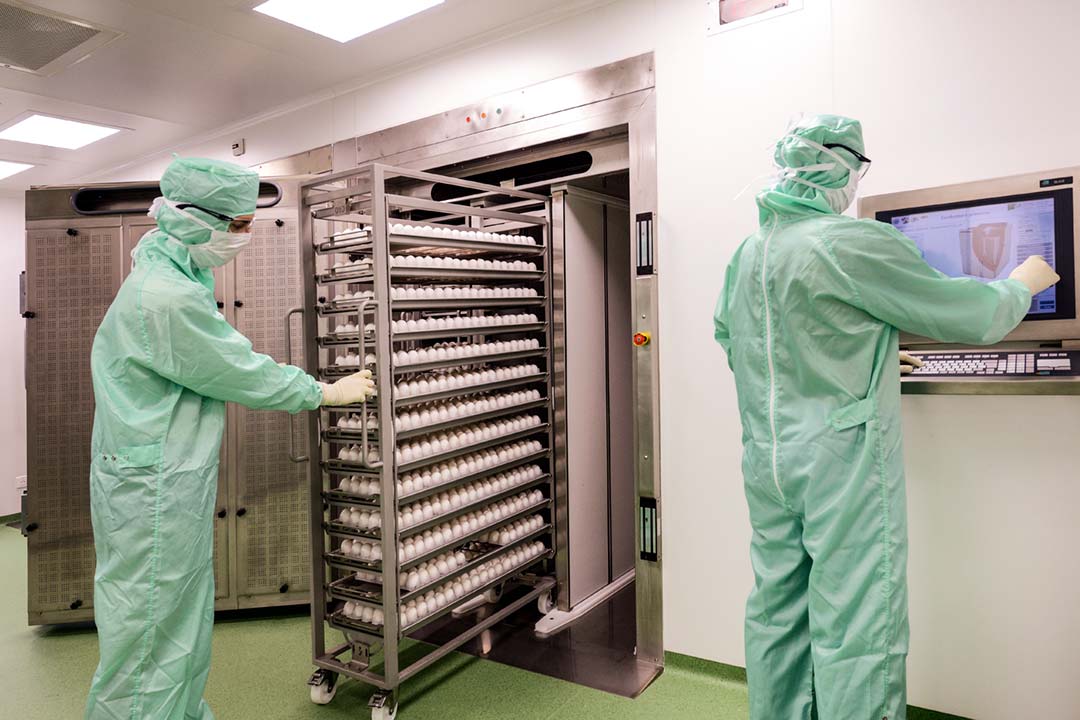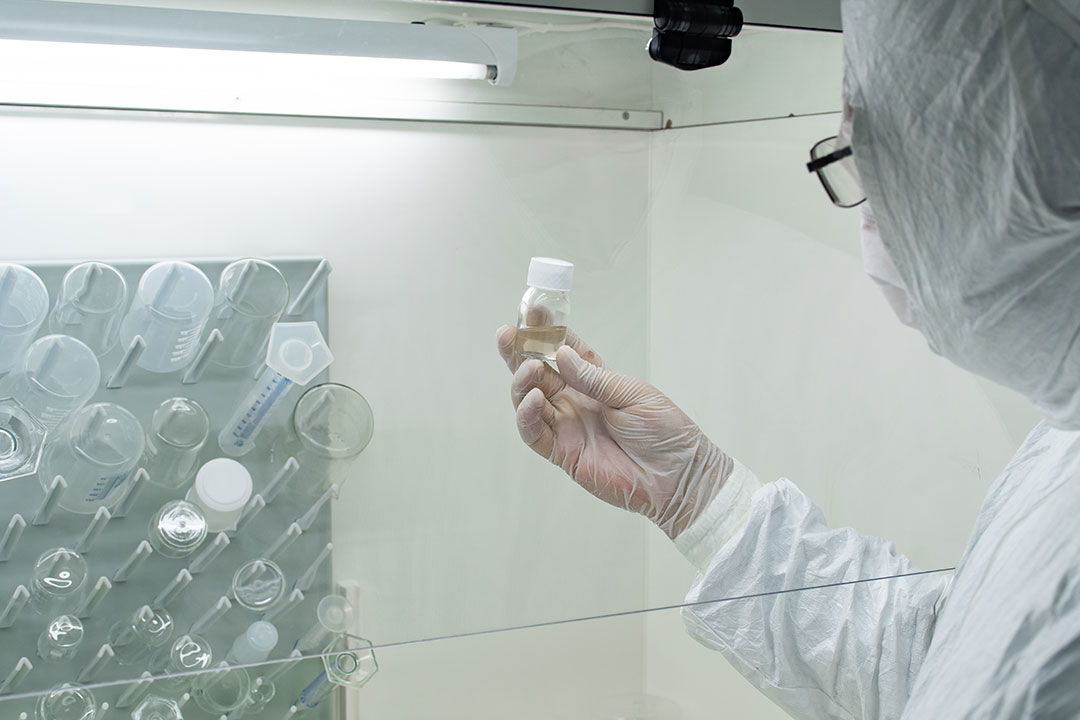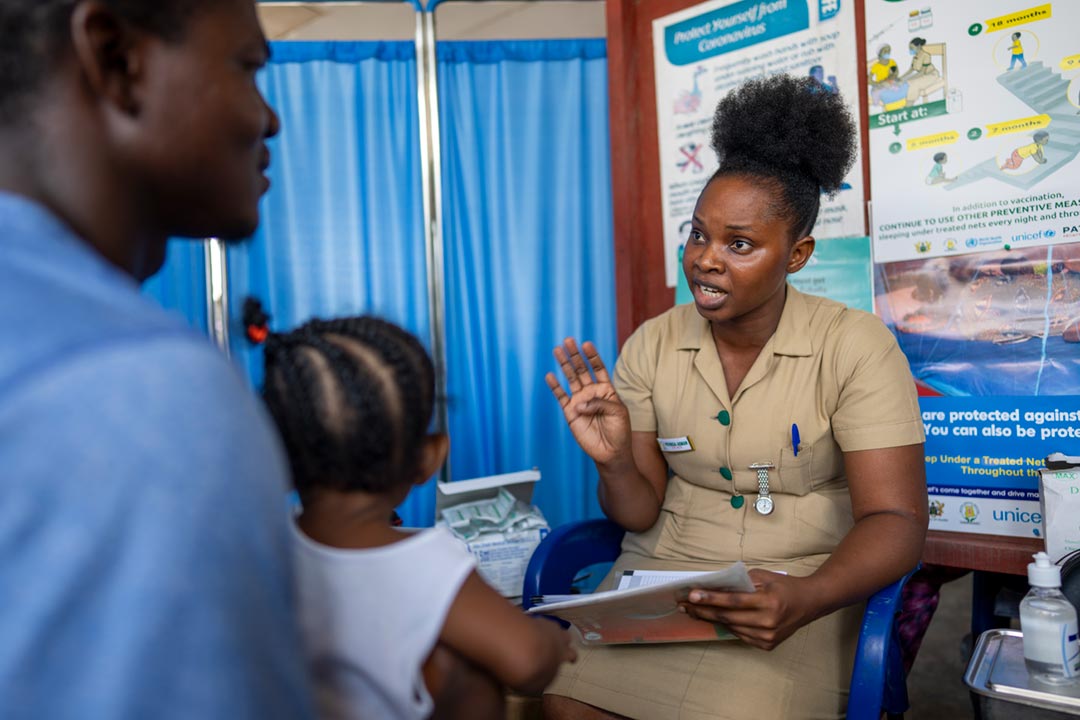Can vaccines unlock access to health care?
Zero-dose children who never receive a single vaccine are also more likely to miss out on crucial primary health care services.
- 10 November 2021
- 3 min read
- by Priya Joi

What is the research about?
The number of children in low and lower middle income (LMIC) countries who are given routine immunisation has risen significantly in the past two decades, but there are still a large number of children – 17 million in 2020 – who never receive a single vaccine. These are zero-dose children, and they are likely to also be unable to access primary health care services, although there have been no studies with data from multiple countries analysing this linkage.
They found that unvaccinated children and their mothers were systematically less likely to receive other primary health care interventions, particularly for antenatal visits and access to institutional delivery.
What did the researchers do?
Researchers from Gavi and the Federal University of Pelotas, Brazil, investigated the overlap between not being vaccinated with routine immunisations and failing to receive other primary health care services. They analysed data from more than 200,000 infants aged 12 to 23 months between 2010 and 2019 from 92 LMICs.
They looked at six vaccination indicators based on the bacille Calmette-Guérin (BCG), polio, diphtheria-tetanus-pertussis (DTP) and measles vaccines and their overlap with primary health care indicators, including at least four antenatal care visits, institutional delivery, careseeking for common childhood illnesses or symptoms and place for handwashing in the home. The researchers used lack of DTP vaccines as a proxy for zero-dose children, as DTP is offered almost exclusively through routine immunisation touchpoints and is the operational indicator for zero-dose children in the Immunisation Agenda 2030.
Have you read?
What did they find?
They found that unvaccinated children and their mothers were systematically less likely to receive other primary health care interventions, particularly for antenatal visits and access institutional delivery. Mothers of zero-dose children are 46% less likely to have four or more antenatal visits compared to mothers of vaccinated children. Lack of DTP vaccination was also associated with lower coverage of institutional delivery (43% less likely), careseeking behaviour (18%) and handwashing facilities (36%). These associations were more pronounced for the poorest households.
The researchers also found that using access to DTP-containing vaccines as an indicator is helpful as it “helps to identify children with limited access to health services since it is offered almost exclusively through routine immunisation touchpoints required for ensuring full immunisation”.
What does this mean?
Families whose children have no access to vaccination are missing out on crucial primary health care services that affect both mothers and children, and offers an opportunity for integrated service delivery to reduce inequity. Generally, these families are also worse off financially than families who do have access to vaccines, which indicates that specific efforts need to be made to reach them as they are less likely to have the capacity to reach out for healthcare.
Identifying and reaching zero-dose children is likely to be critical to tapping into families who are missing out on important primary health care interventions.








